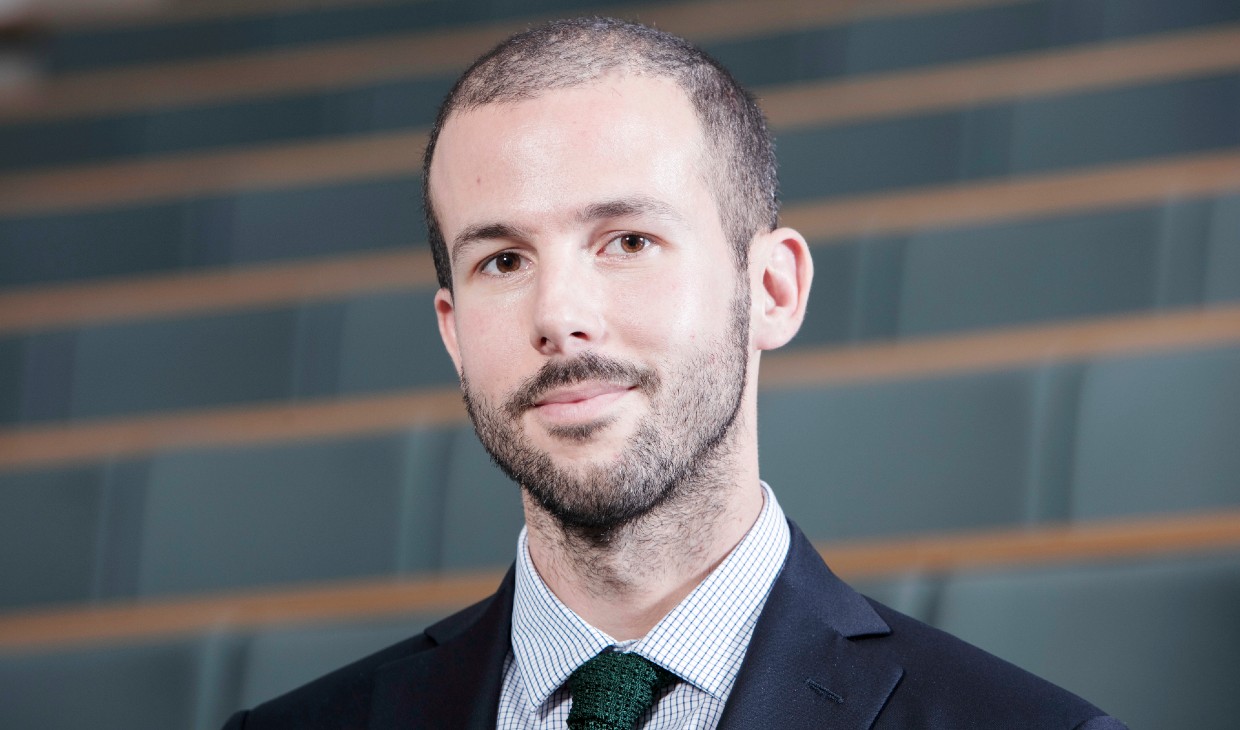Stirling academics to lead international study on smart technology and consumer protection
Back to news
Legal experts at the University of Stirling have launched a new study to ensure that consumer laws are as ‘smart’ as the emerging technologies that they regulate.
The rapidly growing ‘Internet of Things’ – a network of connected objects such as cars, wearables, smart speakers, thermostats, and other household appliances – poses a range of issues for consumer laws that were drafted before hyperconnectivity became commonplace.
Researchers from the University of Stirling – working with colleagues at the Universities of Warwick, Osnabrück and Bonn – will seek to identify emerging consumer issues in the UK and Germany related to smart technology and assess how their consumer laws cover these issues. The collaboration will scope the potential for mutual learning between the two legal systems and recommend changes to the current regulations. Ultimately, the project will explore how consumers of smart technology can be empowered through law reform and legal design.
This international project is led by Dr Guido Noto La Diega, Associate Professor of Intellectual Property and Privacy Law at the University of Stirling, who said: “The consumer world is changing all the time – and over the past few years we have seen the rapid increase in the number of smart devices coming onto the market. These devices – known collectively as the ‘Internet of Things’ – are embedded with sensors, software and other technologies, enabling them to connect and exchange data with other devices and systems using the internet or other networks.

Dr Guido Noto La Diega, Associate Professor of Intellectual Property and Privacy Law, will lead the study.
“We are interested in the extent to which users are legally protected in this interconnected age under existing consumer laws, and whether legislation needs to be reviewed in line with technological developments. We argue that law reform needs to be paired with efforts from private stakeholders that should adopt novel legal design approaches to compliance.
“Our project is innovative – in terms of addressing a gap in existing literature and in its methods – and the collaboration with our counterparts in Germany is of the utmost importance, as both countries are leading the way in the regulation of the ‘internet of things’ and their approaches – although significantly different – constitute best practice. It is imperative that we share our knowledge to ensure consumer laws become as smart as the technologies that are shaping our lives.”
He added: “I am delighted to be awarded this large grant as it will allow us to create a team of early career and more experienced researchers, based here in Stirling, and to host a number of high-profile research and knowledge exchange in the very heart of Scotland.”
The study, which invloves Professor Christoph Busch from the University of Osnabrück, Professor Louisa Specht-Riemenschneider of the University of Bonn and the University of Warwick's Professor Christian Twigg-Flesner, will consider four key themes, across three use cases – smart home, wearables and connected cars:
- The emergence of smart technology challenges the traditional goods-services foundation on which consumer laws are built. The researchers will explore whether existing consumer laws are fit for purpose in today’s socio-technical setting, increasingly shaped by long-term contracts and data-drive monetisation models.
- Smart products are often linked to sellers or suppliers who can remotely and automatically discontinue functionalities and downgrade or ‘brick’ a device – meaning that products become obsolete because tech companies no longer provide upgrades and fixes for older models. The contracts and number of actors involved can also add complexity to regulation.
- The automated interaction between multiple connected devices raises pressing issues around product liability. The study will consider whether existing liability rules provide protection for those using smart technology.
Smart technology empowers tech companies to enhance their profiling and targeting of consumers with precision and efficacy – resulting in the personalisation of products, prices and/or terms of service. At the same time, technology can be applied to enable a more targeted use of consumer protection technologies. The team will consider what personalisation of this kind means for the concept of the ‘average customer’.
The research is funded by the Arts and Humanities Research Council (AHRC), part of UK Research and Innovation (UKRI), and the German Research Foundation (DfG), under their joint UK-German Funding Initiative in the Humanities programme.
Announcing funding for the project and 18 other collaborations under the programme, Professor Christopher Smith, Executive Chair of the AHRC and UKRI’s International Champion, said: “The projects funded by this partnership demonstrate the importance of breaking down international barriers to unleash new ways of thinking.
“Working with the DfG has enabled us to champion the transnational potential of the arts and humanities, which help us to better understand ourselves and the world we live in.
“I am looking forward to seeing the impact of these projects and continuing to build on this successful collaboration with our German partners.”

